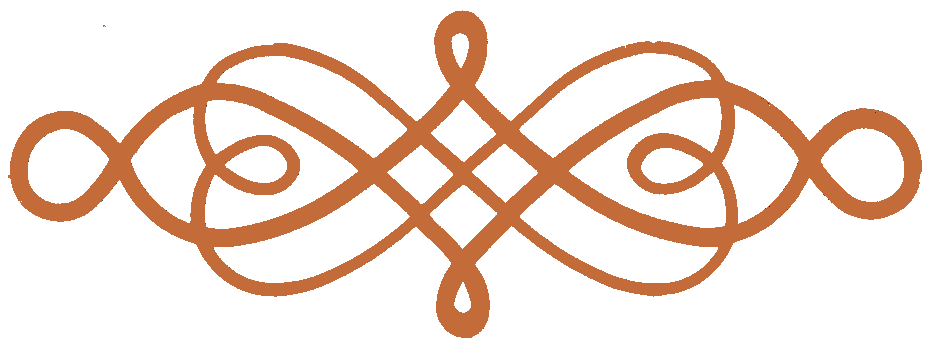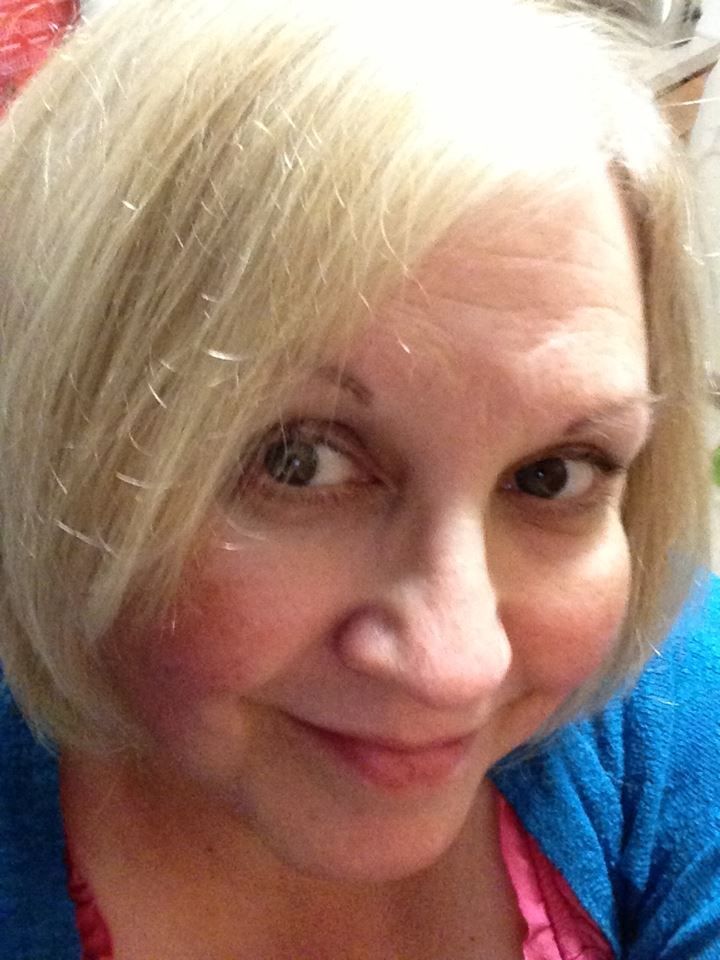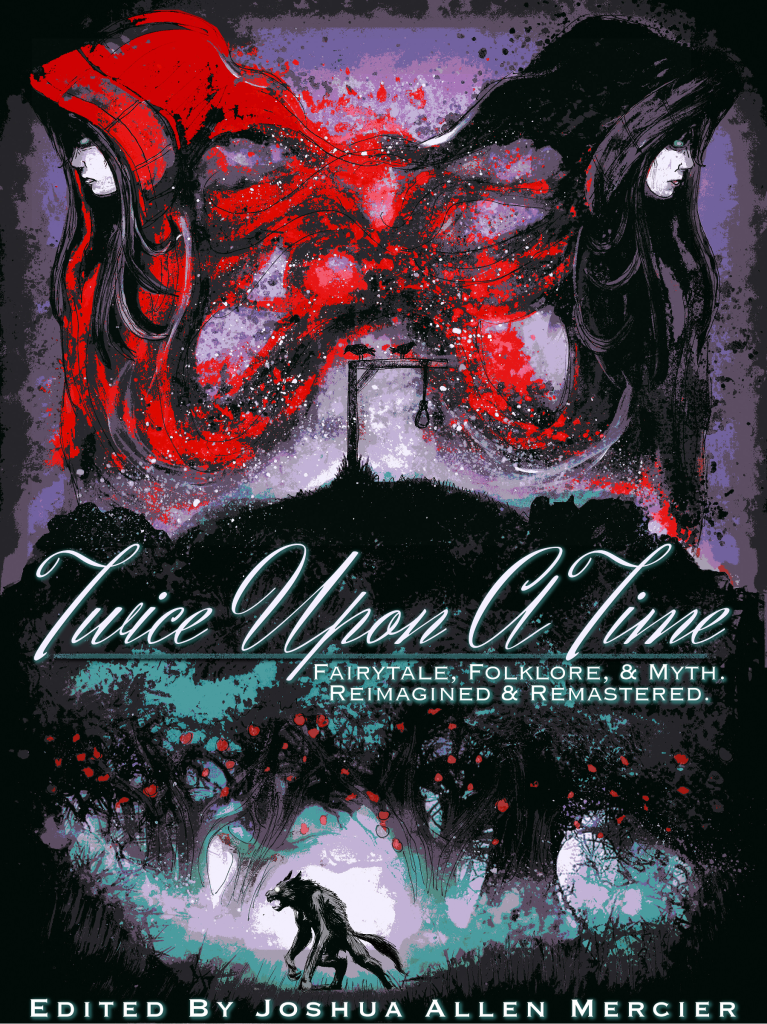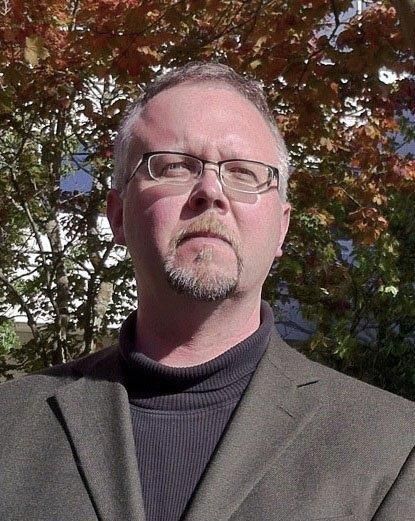CONTRARY to the title of this anthology, working with such a talented cast of writers is an opportunity that usually comes once in a lifetime. From best-selling to greenhorn, independent or traditionally-published, the authors in this anthology span all ranges in addition to spanning the globe—from England to Australia and all over the United States. I've had the privilege of getting to know each and every one of them, and they have become a part of my extended family. I've even caught a glimpse of a secret side of them that only another writer...editor...is privy to witness through their words.
Through this series of posts, I plan on introducing you to my new family through a mini-interview of each. You may not get a chance to see their secret side, but you'll get a sneak-peek into their minds, their passions and inspirations, and what made them the writers they are today.
..The Mini Interview..
1. At what age did you start writing?
Ten. By thirteen I was writing short stories, plotting out novels that were far too unwieldy for my skills. I also wrote
Star Trek fanfiction (although I don't think it had an official name yet. It was 1969).
2. Which book introduced you to Speculative Fiction?
Beauty, by
Sheri S. Tepper. I'm pretty sure I'd read speculative fiction prior but
Beauty was the first one that I said, "oh, this is that thing which isn't exactly science fiction but also isn't remotely mainstream. I'm going to write this."
3. Do you have an all-time favorite book? What about it makes it your favorite?
That is a horrible question to ask a writer, you know. Currently, my all time favorite book would be
Fingersmith by
Sarah Waters. The way the clues to the twist have been layered in from the first page and you only realize it at the same time as the narrator, when it's too late and you're hit with the same crushing betrayal and rage and desperate fear. As a writer, it's kind of awe-inspiring. I'm so glad I knew nothing about it when I began the read.
4. Which author and/or book inspired you to start writing?
To really really start writing?
Margaret Atwood and
The Handmaid's Tale. She boldly claimed she didn't write science fiction, damn it, she wrote fiction. All fiction speculates. It's all fiction. Plus, that's a brilliant little book.
5. What would you say is the most important lesson all writers should learn?
Most important, trite but true, write because you love it, because you want to, because it challenges you and also gives you joy. Odds are you will not become rich from writing, you may never make enough from it to live on. There was a great cartoon in
The New Yorker once, showing a guy on the street selling pencils and the caption was, "Sold my first story and foolishly quit my day job." Don't do that.
6. Of the entire publishing process, which would you say is the most difficult aspect to endure?
Well, your work is going to be rejected so you have to get over that. The toughest I think for most writers (as most of us are introverts) is having to self-promote. It's easier now because of the internet, but not that long ago when print publishing was starting to slow, publishers required new work to be all lined up with blurbs and glowing reviews before they signed a contract with you. Which worked fine, I suppose, if you'd gone through
Clarion or another prestigious workshop. If not you were forced to beg for a person who didn't know you to "please, please, please read my book and write a little blurb!"
7. From where did the inspiration for your submission arise?
I was thinking about women as exploitable commodities now and throughout history. So my story was going to deal with that in some way. I have always been interested in the cultural clashes and co-mingling of the early interactions between white traders and Native Americans. So I began with the idea of a Shoshone man who offers his daughter to a mountain man in exchange for saving his life. The similarities of mythical figures from varied cultures is one of the most consistent connecting threads of our humanity. There is always a beast somewhere that can be tamed, tricked, or rescued by a woman.
8. If applicable, did you have a favorite character (to write) from your story? If so, what sets them apart from the others?
My favorite character is, of course, Dove, the narrator. I liked her from the moment she started talking. I think every narrator is my favorite character when I'm writing them though.
9. On what projects are you currently working?
I am working on three novels and must soon decide which one I'm going to spend the next six months working on until the end. One is a time-travel, YA thingy called
The Moontree Women. The other is the second novel in my
Erasing Sherlock series. And the third is an expansion of a short story called
Project Thunderbird, which is due out in March 2015 in the anthology
Liberating Earth, edited by
Kate Orman.

Read Kelly's story, Blood Medicine, in your very own copy of Twice Upon A Time today!
Available for Purchase at...

..About the Author..
 KELLY HALE lives in the beautiful Pacific Northwest where the streets are paved with espresso beans and the garbage recycles itself. She is the author of a bunch of short stories in a bunch of anthologies, and a couple of novels (including the award-winning Erasing Sherlock). She has loved science fiction and fantasy for so long that the characters from the original Star Trek represent archetypes in her dreams.
KELLY HALE lives in the beautiful Pacific Northwest where the streets are paved with espresso beans and the garbage recycles itself. She is the author of a bunch of short stories in a bunch of anthologies, and a couple of novels (including the award-winning Erasing Sherlock). She has loved science fiction and fantasy for so long that the characters from the original Star Trek represent archetypes in her dreams.
..Connect with the Author..














